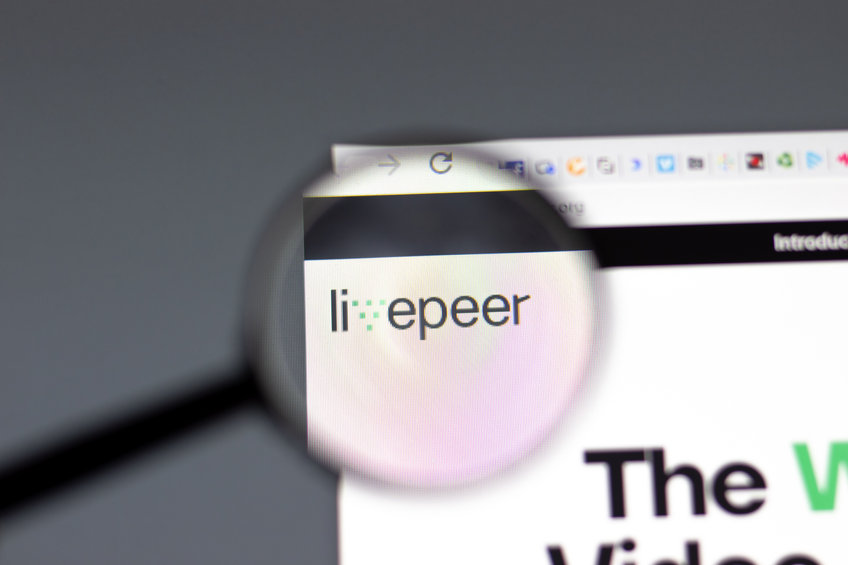您现在的位置是:Virgin Orbit thinks it knows why its first UK rocket launch failed >>正文
Virgin Orbit thinks it knows why its first UK rocket launch failed
上海品茶网 - 夜上海最新论坛社区 - 上海千花论坛9473人已围观
简介By subscribing, you agree to our Terms of Use and Policies You may unsubscribe at any time.An invest...
By subscribing, you agree to our Terms of Use and Policies You may unsubscribe at any time.
An investigation into Virgin Orbit's failed attempt to perform the first-ever rocket launch from UK soil last month has concluded.

The reason for the failed launch highlights the complexity of rocket launches, which can even be derailed by a microscopic hair, as was almost the case with SpaceX's Crew-5 mission.
In the case of Virgin Orbit's "Start Me Up" mission last month, it was a damaged fuel filter that doomed what would have been a historic rocket launch.
Virgin Orbit's failed UK rocket launch
The "Start Me Up" mission took off aboard Virgin Orbit's Cosmic Girl aircraft at nighttime on January 9. Virgin Orbit eschews the traditional vertical rocket launch method in favor of launching a rocket from the left wing of Cosmic Girl — a modified Boeing 747.
See AlsoThe company claims this method allows greater flexibility and response time for time-sensitive space missions. The company emphasizes that it allows it to launch a rocket from almost anywhere in the world.
To date, Virgin Orbit has carried out four successful rocket launches from the US. However, on January 9, the company failed to launch from the UK for the first time. Shortly after Cosmic Girl took to the skies, the plane successfully dropped the 70-foot-long (21-meter) LauncherOne rocket attached to its left wing. But during LauncherOner's second-stage engine burn, the rocket suffered a fuel filter problem, leading to the loss of the rocket as well as all nine of the satellites it was carrying to orbit.
Virgin Orbit's modified Boeing 747 undergoes more modifications
In an update on Tuesday, February 14, Virgin Orbit announced that the fuel filter problem was the most likely cause of the launch failure. "The data is indicating that, from the beginning of the second stage first burn, a fuel filter within the fuel feedline had been dislodged from its normal position," the company's statement explained.
"Additional data shows that the fuel pump that is downstream of the filter operated at a degraded efficiency level, resulting in the Newton 4 engine being starved for fuel," Virgin Orbit added. "Performing in this anomalous manner resulted in the engine operating at a significantly higher than rated engine temperature."
This high temperature led to several components' malfunction, leading to "early thrust termination" on the second stage and the end of the mission.
Virgin Orbit announced it would continue to investigate in case any other issue comes to light. In the meantime, it will modify its existing rockets with "a more robust filter" to prevent the same issue from happening again. The next mission will take off from Mojave Air and Space Port, California, meaning we will likely have to wait some time to see the first rocket launch from UK soil.
Tags:
转载:欢迎各位朋友分享到网络,但转载请说明文章出处“上海品茶网 - 夜上海最新论坛社区 - 上海千花论坛”。http://www.jz08.com.cn/news/36495.html
相关文章
Has the Optimism (OP/USD) token found its footing?
Virgin Orbit thinks it knows why its first UK rocket launch failedOptimism (OP/USD) may be gearing up for a recovery going by the current technical outlook. The token...
阅读更多
KuCoin announces support for Tezos
Virgin Orbit thinks it knows why its first UK rocket launch failedKuCoin has added support for Tezos-based USDT stablecoins, creating more options for its users.KuCoi...
阅读更多
Terra (LUNA) Staring at possible correction – Here is what to expect next
Virgin Orbit thinks it knows why its first UK rocket launch failedAfter seeing gains over the past few trading sessions, Terra (LUNA)has stagnated and is starting to...
阅读更多
热门文章
- Russia Lifts Ban on Crypto Mining in Abkhazia
- Bitcoin ETF update: BlackRock, VanEck, Bitwise file low ETF fees
- Chainalysis Reports High Darknet Activity in Eastern Europe
- Discovering hidden gems: InQubeta shines among the top AI
- SushiSwap price update as Band Protocol denies its CTO is Nomi Chef
- Bitcoin (BTC) Surpasses $43,000; InQubeta (QUBE) Mainstream Buzz Intensifies
最新文章
SWALLOW brings real
Bitget Report: Female
PancakeSwap bounces as market eyes next gem with Meme Moguls
Riddle&Code ignites the fourth industrial revolution by easily onboarding any machine onto Web3
Is it time to buy the Fantom dip? Best places to buy Fantom
Starknet allocates 10% of network fees to developers